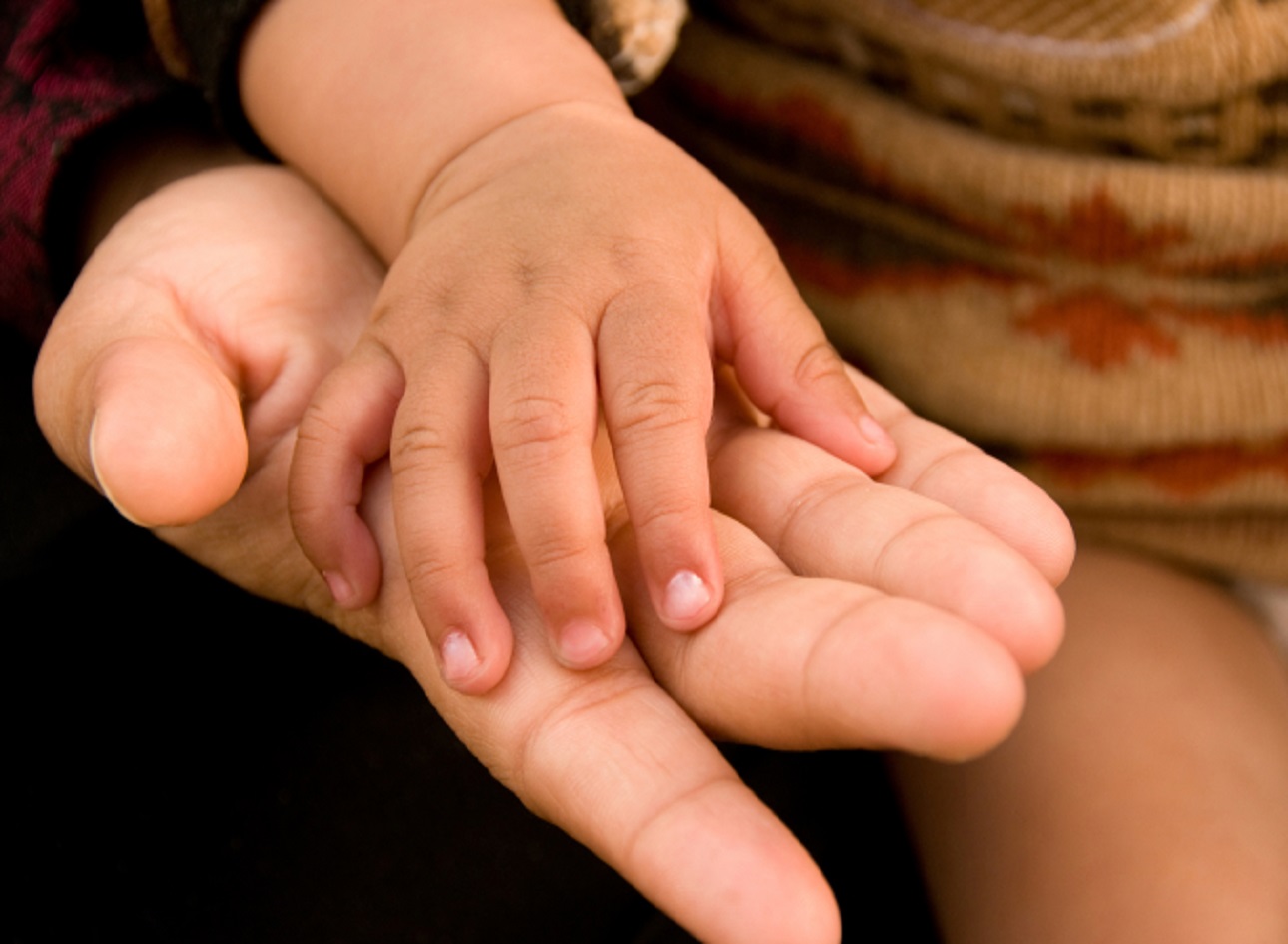Professor Sonia Bhalotra writes for the ESRC blog.
About 12-20% of women in richer countries and 20-35% in poorer countries suffer maternal depression, and 10-35% of children are exposed to this in their first year of life, according to estimates (PDF) . Maternal depression often goes undiagnosed and untreated, and in many cases is incorrectly perceived as a temporary condition.
Healthy thinking in pregnancy
In 2005 a randomised control trial was carried out in 40 communities in rural Pakistan – one of the largest such trials in the developing world. Women in their third trimester of pregnancy were screened for clinical depression, and over 900 women diagnosed as clinically depressed were included in the study.
Women in half of the communities (the ‘control’ group) received routine health support, whilst women in the other 20 communities received 16 one-to-one sessions of cognitive behavioural therapy delivered by trained community health workers.
The content of the therapy, described in the Thinking Healthy Programme manual (PDF), focused on identifying and modifying negative ways of thinking which occur with depression, using techniques of active listening, collaboration with the family, and guided discovery of healthy thinking. The therapy started in pregnancy and ended when the babies were 10 months old.
The study showed that the cognitive behavioural therapy intervention resulted in a significant decline in depression among mothers between six and twelve months after giving birth. This has been hailed as evidence that a low-cost community-based intervention can have a substantial impact on depression, and the Thinking Healthy Programme has since been adopted by the World Health Organization as a model for other countries.
Long-term effects
Six years after the initial trial, our research team returned to the same communities in Pakistan. We wanted to find out whether the reduction in post-pregnancy depression among the women who had received cognitive behavioural therapy had made a lasting difference to their lives, or the lives of their children.
We identified large and statistically significant effects of maternal depression on women’s financial empowerment, and on the investments they made in their children – both in money (eg learning materials and opportunities, educational expenditure) and time (eg daily stimulation and enrichment, help with studies, play).
These results are consistent with previous research which suggests that investments in children are greater when the mother has greater control over household resources. We also found that parental investments improved for girls rather than boys, which lines up with previous evidence that women may favour girls (more than their partners do) or at least favour equality between girls and boys.
Effects on child development indicators
Despite improved support from parents, we found no consistent evidence that children of mothers who benefited from the Thinking Healthy treatment performed better on assessments of growth, cognition (eg IQ score, school performance), or socio-emotional development.
This suggests that at the age of seven, children’s development is not affected by maternal depression; however parental input in early life may have latent impacts that show up later in life. It’s possible that the differences between children born to mothers who received treatment compared to those in the control group will diverge over time, with potential impact on adult cognitive attainment, personality skills and health. However, verification of this will require very long term follow-up data.
Overall, at $10 per woman per year, the cognitive behaviour therapy is a low-cost mental health investment with potentially large benefits. Compared to therapy using anti-depressant drugs, this intervention has no known adverse side effects, has no recurrent costs and had large and lasting impacts on women and their children.
This blog is based on the research paper Maternal Depression- Impacts on Women’s Empowerment, Parenting and Child Development: Evidence from a Randomized Control Trial, by Victoria Baranov, Sonia Bhalotra, Pietro Biroli and Joanna Maselko. For a copy of the paper, email Sonia Bhalotra.
The follow-up research was funded by two research grants awarded by Grand Challenges Canada to Joanna Maselko and Sonia Bhalotra jointly with Siham Sikander. The researchers are indebted to Atif Rahman and Siham Sikander, who led the design of the Thinking Healthy Programme intervention, for facilitating access to their baseline and early follow-up data, and for providing generous comments on this follow-up study. Siham Sikander led the fieldwork for this study.
